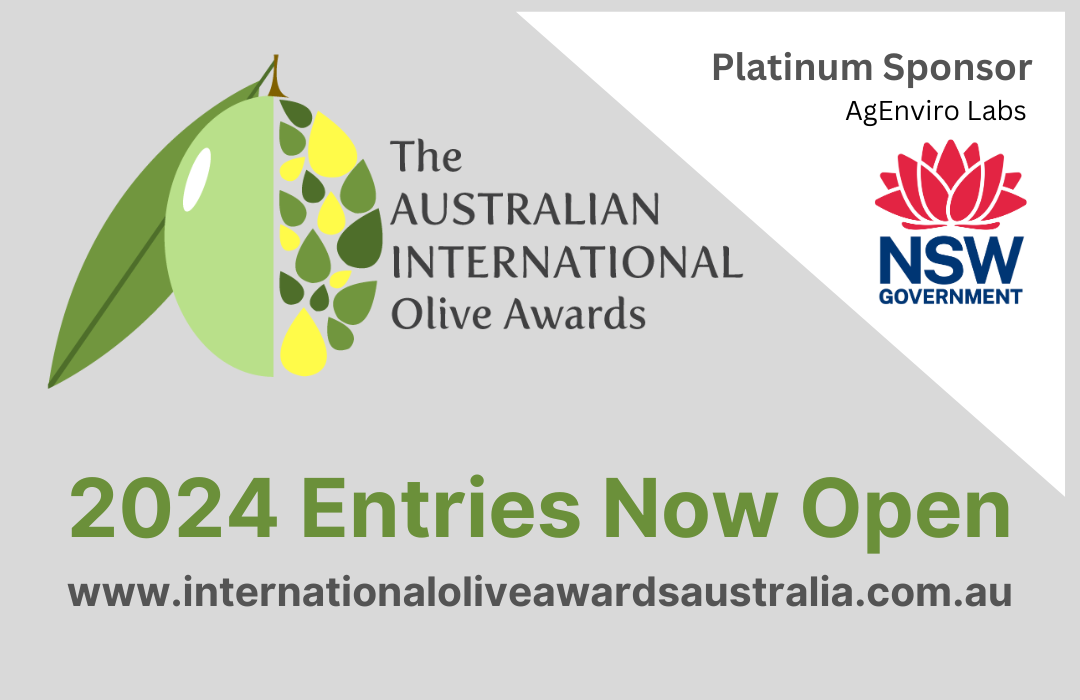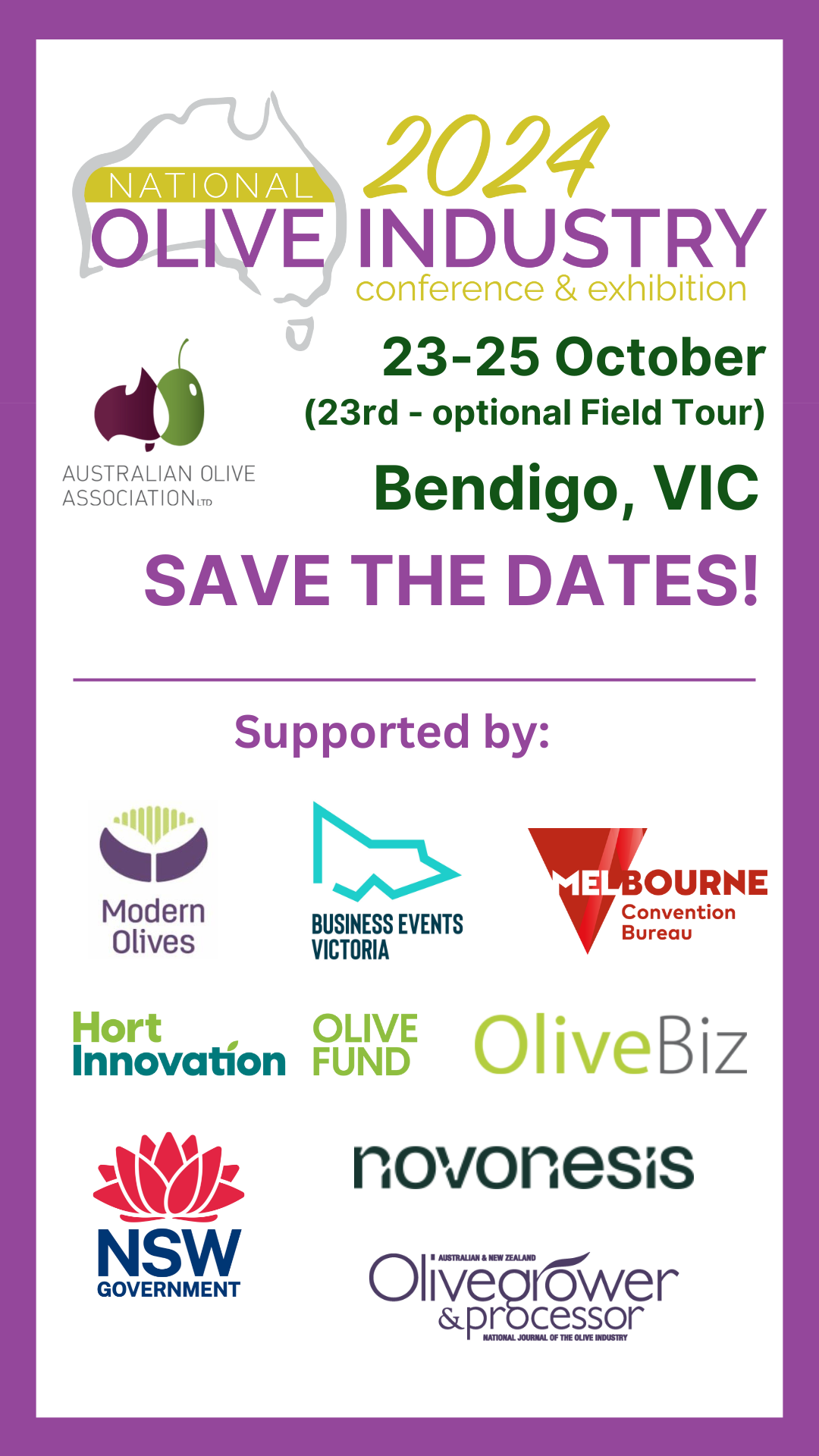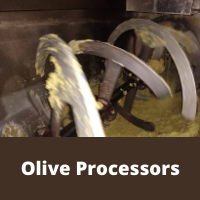Anita Donaldson
South Australian producer, Pendleton Fine Foods, launched a comprehensive education campaign detailing the benefits of choosing extra virgin olive oil in retail outlets across Australia in April.
Pendleton Fine Food’s program had two key elements: an education stand which contained a series of education cards highlighting the benefits of EVOO and the differences in health properties between refined oils, light oils, pure oils and EVOO; and a tasting unit designed to sit on counter stands where customers could try the oils when shopping in the store.
Evan Judd, general manager sales & marketing. said Pendleton was targeting fine food stores and specialty outlets with a client base that were interested in quality food. “Our first run of the education stands was for around 100 units, most of these are earmarked for Australia,” Judd said.
“For the Educational Stands, we’ve targeted stores that have the capacity to take volume, but this ranges from the traditional gourmet store through some of the larger independent stores, that stock premium quality products. We are not targeting the mainstream supermarket chains for the Pendleton Fine Food Brand,” he said.
Judd said the exercise was a positioning statement for the Pendleton brand and the company had made a conscious choice to target retail outlets that matched its own brand ethos.
“Our own experience has shown us that when customers can taste the oils, they are more inclined to purchase,” Judd said.
But, he is quick to point out that Pendleton’s initiative has been based on the need for education for consumers about the unique qualities of extra virgin olive oil.
“We’ve drawn a line in the sand and said to customers – okay – if you want quality oil it must be extra virgin… there’s plenty of oils on the market but if you want the truly pure olive oil, it must be extra virgin olive oil. We’re not saying the other oils (refined oils, light oils, pure oils) are bad, they’re just not as healthy or of the same quality and they’re for alternative uses,” Judd said.
A key part of the campaign is Pendleton’s header card, which positions across the education stand in a prominent manner, and identifies with stars the properties in the different oils available.
“Many people don’t understand the different grades of oil,” Judd said. “For example, if a customer sees the word ‘pure’ on olive oil, they think that is ‘natural’ (un-refined). But in the olive oil context, pure just means that the product is only made with olive oil, it contains no vegetable oil for example. It’s not ‘pure’ in the sense that it’s fresh from the tree and cold-pressed with all the aroma and flavor and rich antioxidants that you get in natural Australian olive oils made to the highest Australian tastes – such as Pendleton Extra Virgin Olive Oil.”
“As we see it, there is no one brand in Australia that is showing category leadership in the high quality extra virgin olive oil arena, and we see this as a strategic move to lead this segment of the category,” Judd said.
A final part of the education campaign is the production of a series of D/L-size fliers that will be available in holders that form part of the stands. The cards can be updated on an ongoing basis, however, the first of the cards is titled “Know your olive oils” and this goes into more detail about the different types of olive oil: pure, light and pomace in comparison with extra virgin olive oil.
For more news on how Australian and New Zealand olive producers are marketing the healthy message, see our reader survey article in the May-June 2009 issue of The Australian and New Zealand Olivegrower & Processor. To subscribe visit http://www.olivegrower.com.au.




